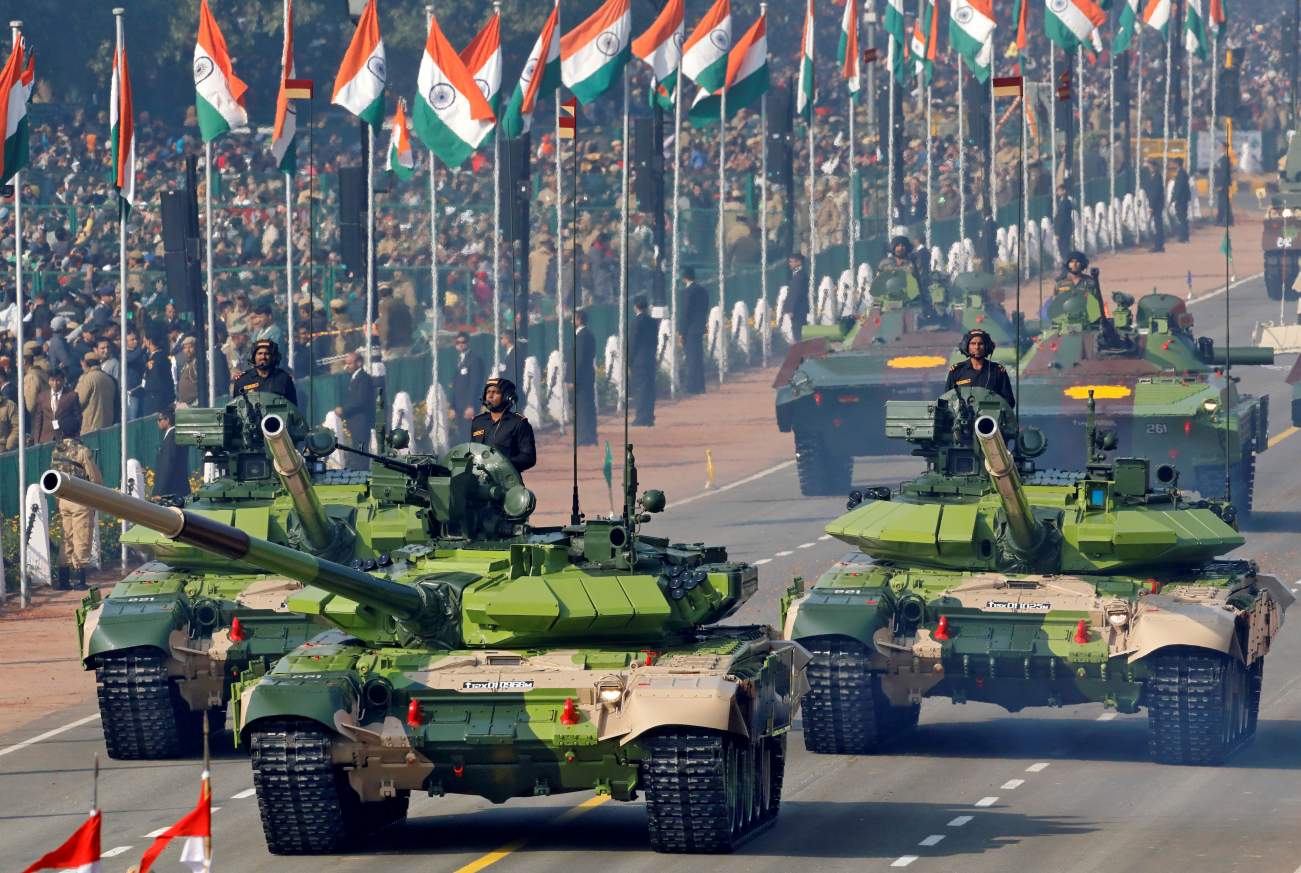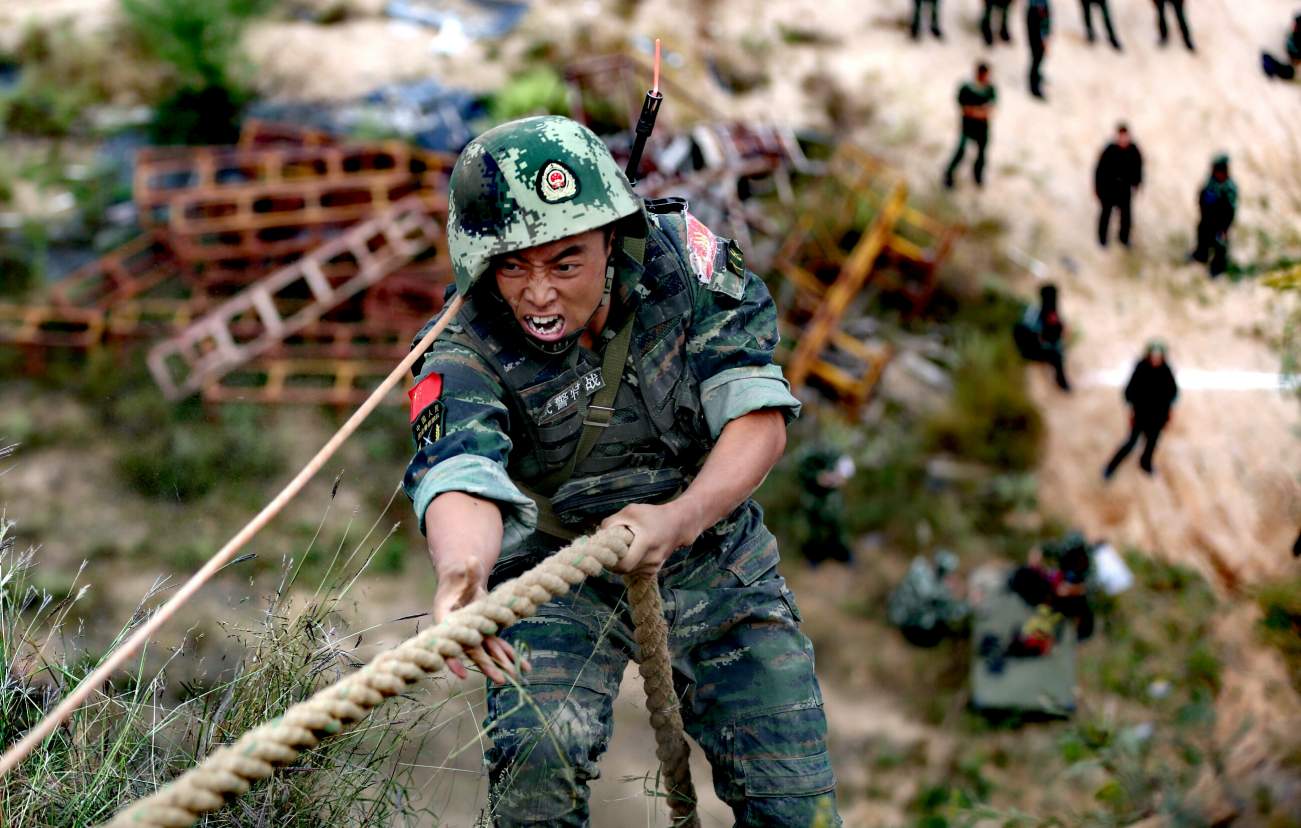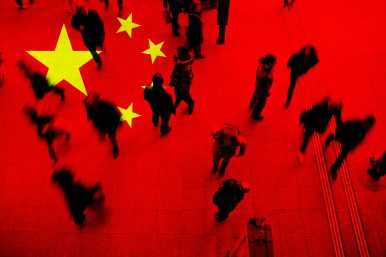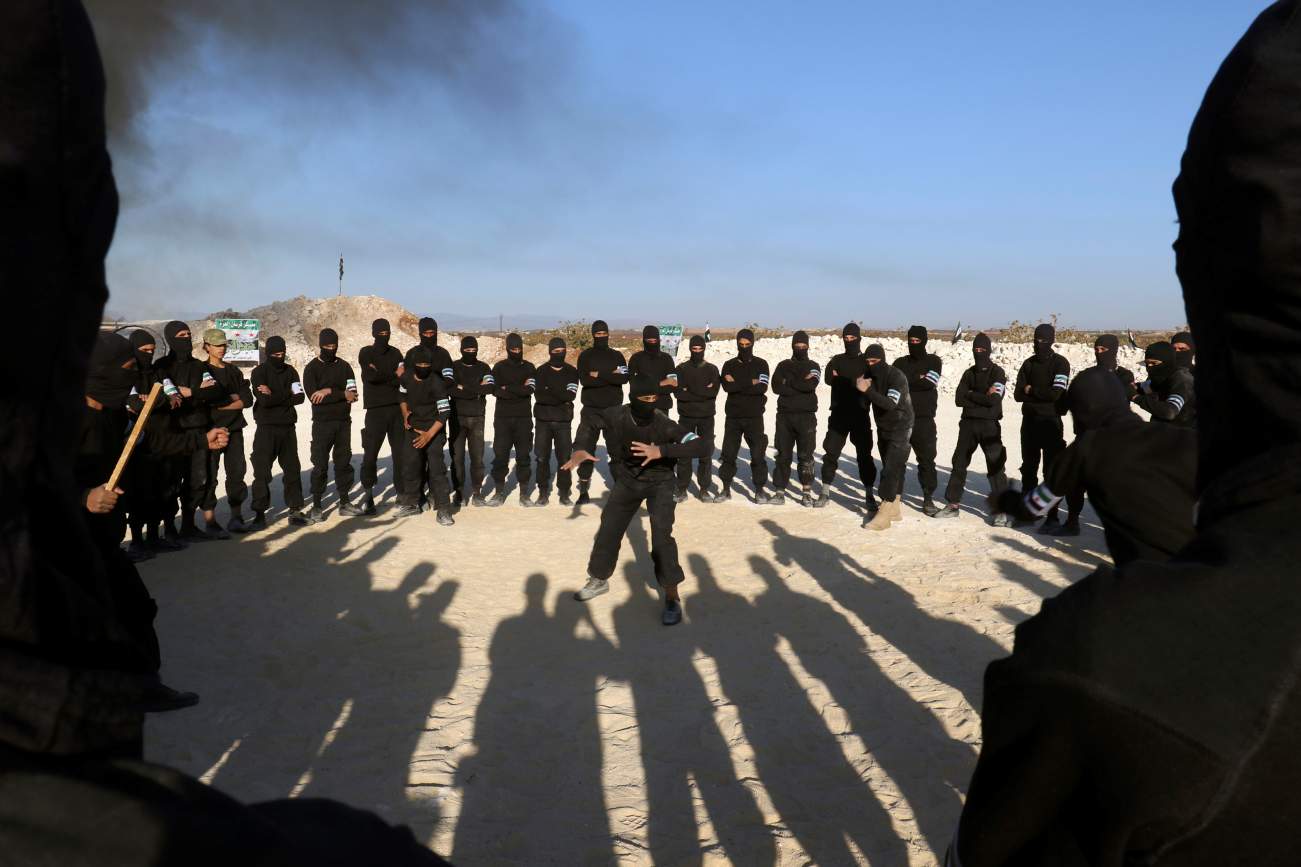by Hayat Alvi Paul J. Smith
On June 1, 2019, the Department of Defense released its Indo-Pacific Strategy Report, which reinforced and expanded upon President Donald Trump’s signature “Free and Open Indo-Pacific Strategy,” first articulated in 2017. The 2019 strategy report highlighted, among other things, the importance of U.S.-India relations and described them as being “underpinned by shared interests, democratic values, and strong people-to-people ties.”
This continues a post–Cold War trend in which the United States and India have sought to improve relations for a variety of reasons. The two countries signed their first formal defense accord in 1995, followed by additional defense framework agreements in 2005 and 2015. During the second Bush administration, the two countries deepened their relationship by focusing on issues of mutual concern such as counter-terrorism, nuclear cooperation and China’s rising influence. Additionally, in 2016, the Obama administration designated India as “major defense partner,” giving India a status commensurate with America’s closest allies.
More recently, the Trump administration orchestrated the two countries’ inaugural 2+2 Ministerial Dialogue in 2018, which saw New Delhi and Washington sign the Communications Compatibility and Security Agreement (COMCASA), the second of three logistics agreements that will advance U.S.-India interoperability and exchange of information.




















